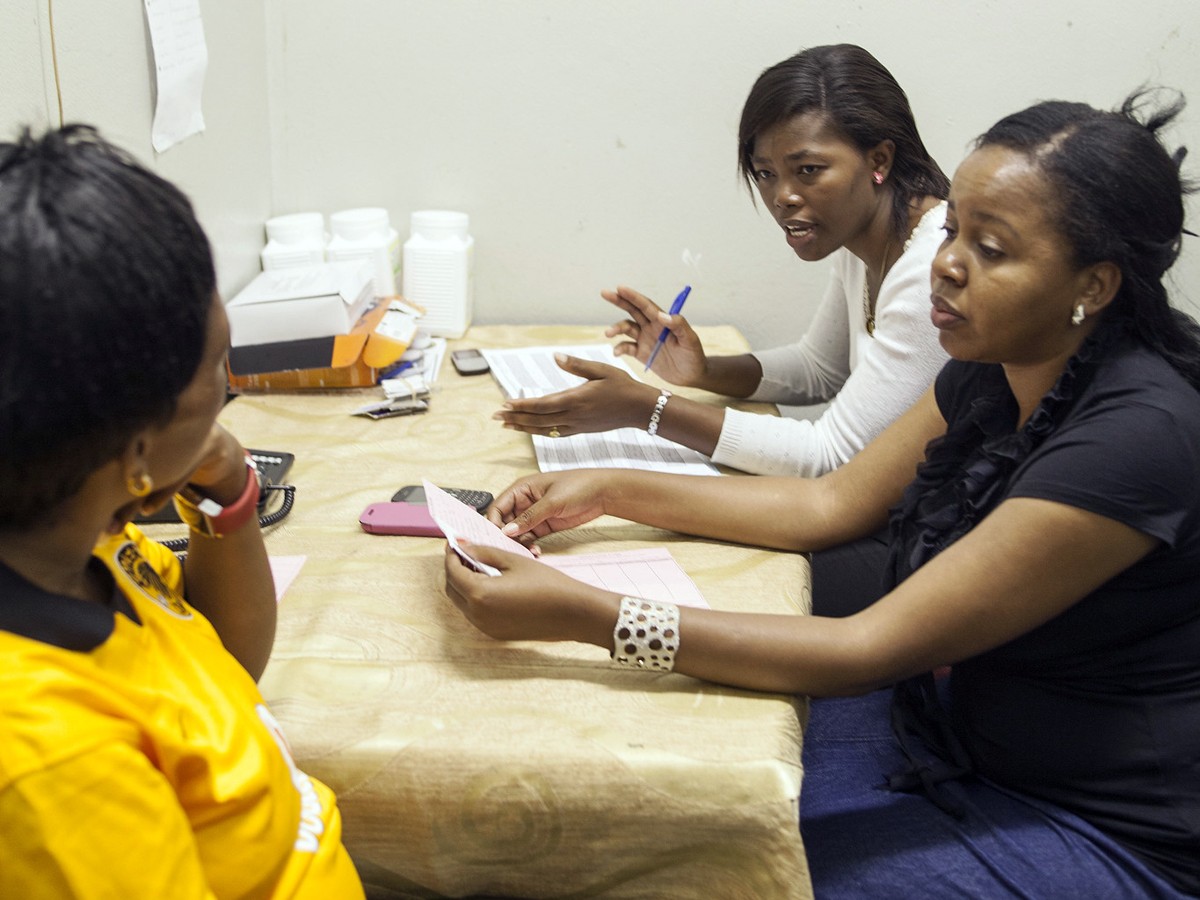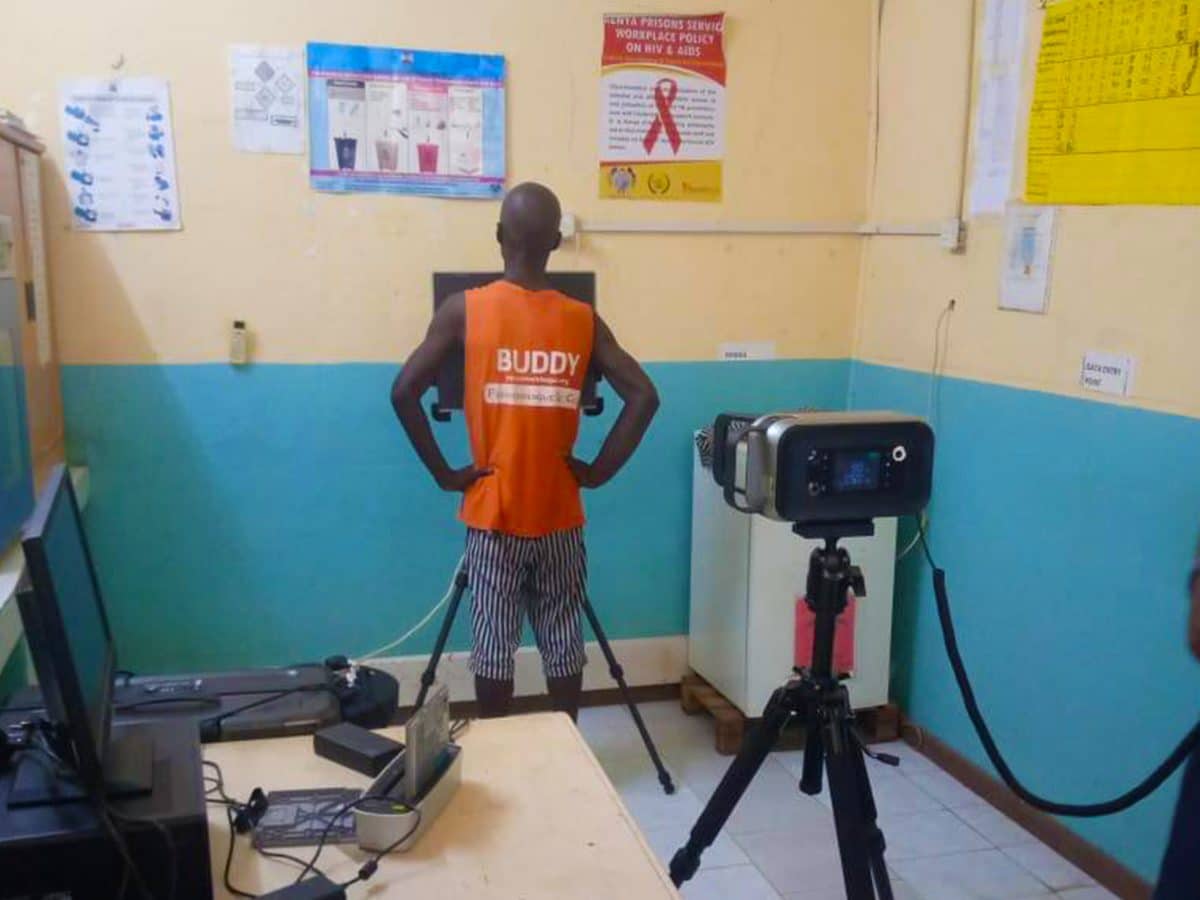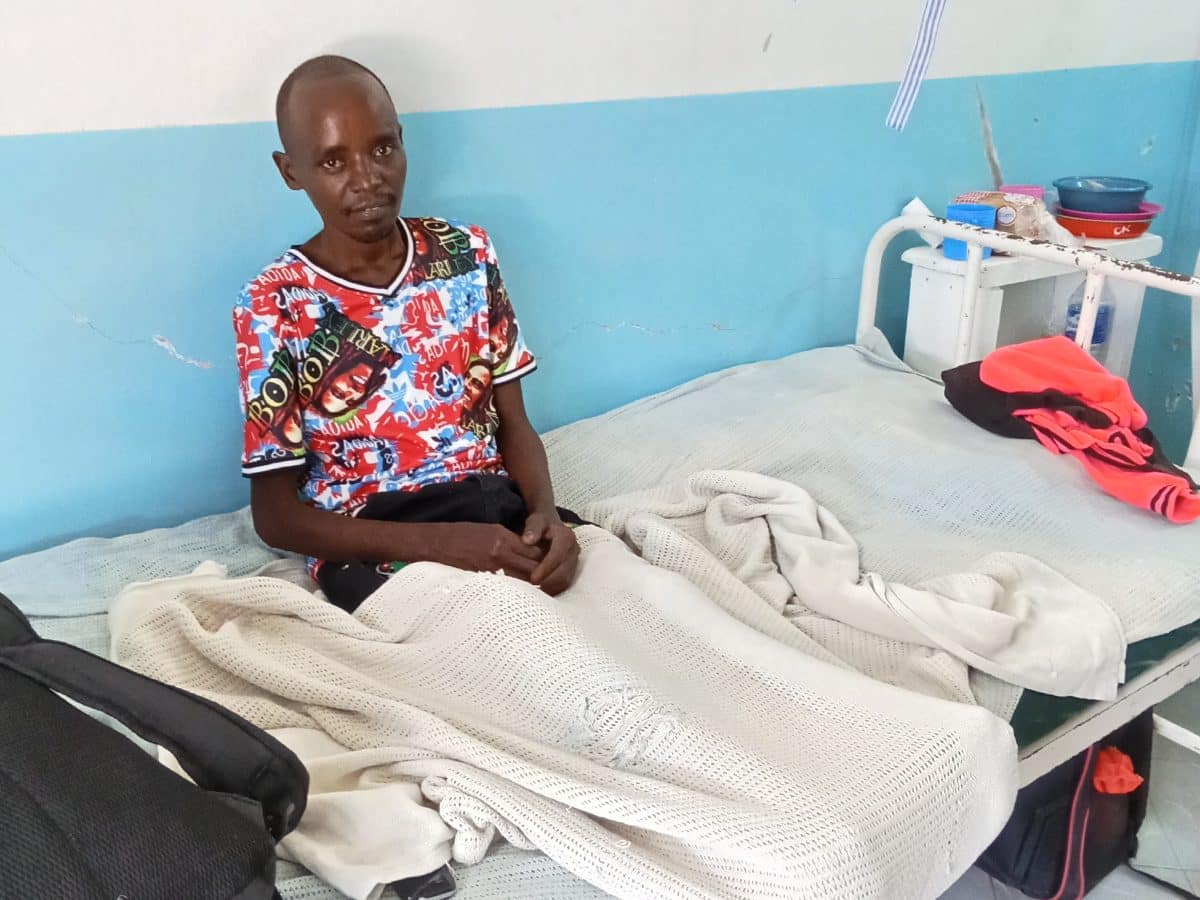For pregnant and breastfeeding women living with HIV, antiretroviral therapy (ART) is a safe and effective way to avoid transmitting HIV to their babies. Strategies like Option B+, where expectant mothers living with HIV are offered lifelong ART regardless of their disease stage, are key to prevention of mother-to-child transmission of HIV, or PMTCT.
In Eswatini, where HIV prevalence is among the highest in the world and where the disease burden falls disproportionately on women of childbearing age (34.3 percent of women aged 15-49 are living with HIV, compared to 18.9 percent of men, according to SHIMS 2, the population-based HIV impact assessment led by ICAP in 2016-17), ICAP is seeing signs of hope as ART and PMTCT become more widespread. SHIMS 2 found that over half of HIV-positive mothers aged 15-49 who had given birth in the prior 12 months were already on ART, and more than a third were newly initiated on ART during pregnancy, labor, or delivery, giving these mothers an excellent start toward protecting their babies from vertical transmission of HIV.
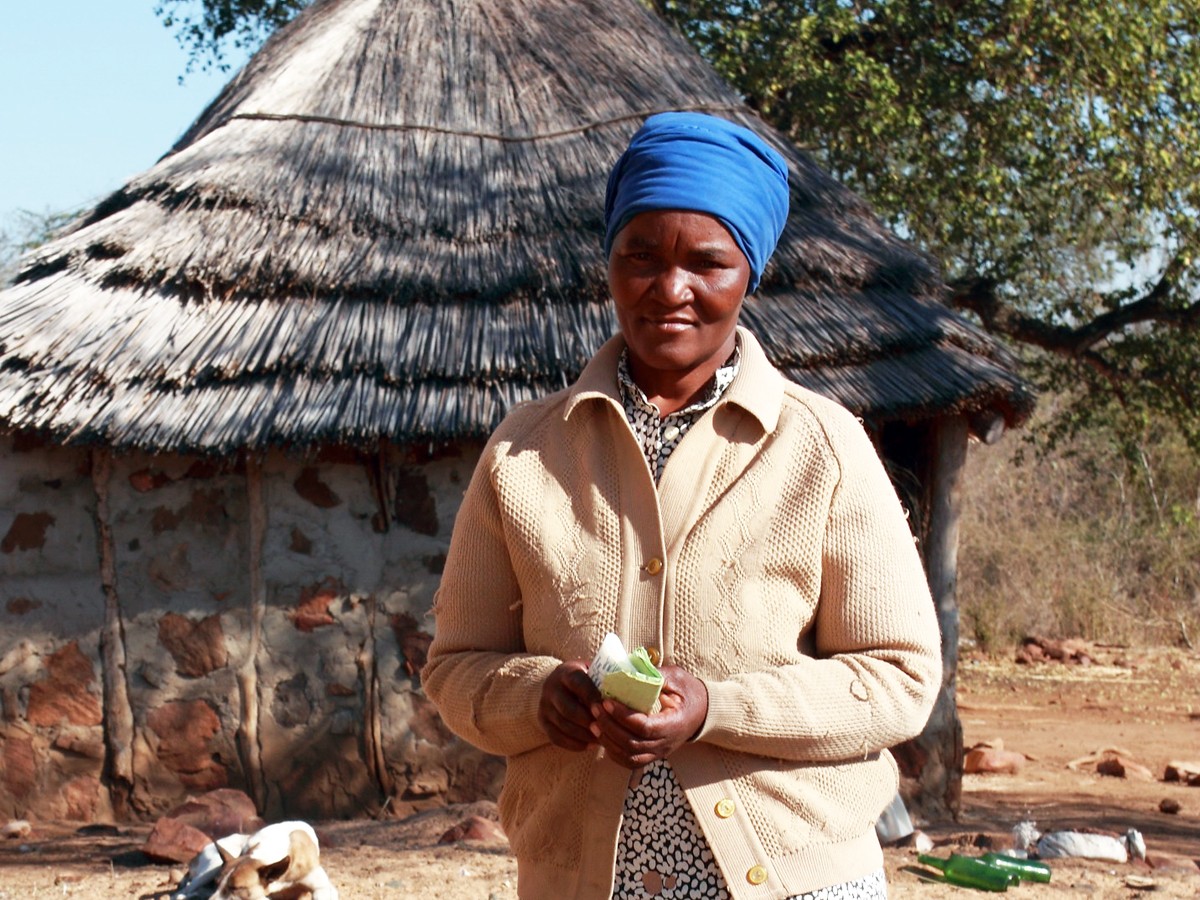
Supporting these mothers throughout the entire period when vertical transmission is possible—from pregnancy through the end of breastfeeding—is an essential part of ICAP’s broader HIV care and treatment work in Eswatini, funded by the U.S. President’s Emergency Plan for AIDS Relief (PEPFAR) through the Centers for Disease Control and Prevention (CDC).
To measure the success of these efforts, ICAP has been working with health facilities across Manzini Region to fill data gaps for one of the key outcomes of PMTCT care: whether the child is HIV positive or negative after breastfeeding ends.
Some of the more complex reasons for this gap include children missing their 18-month appointments, overwhelmed health facility staff not recording data or being able to follow up consistently, and weak systems to routinely track PMTCT final outcomes.
But one big reason was actually fairly simple. A significant portion of children continue breastfeeding past the 18-month mark, meaning that any “final” outcome recorded for them isn’t actually final, or there is a blank space for later follow-up that often doesn’t get filled in. What was needed was a concentrated effort to follow up with these infants, supported by a monitoring and evaluation system that could track them up to 18-24 months.
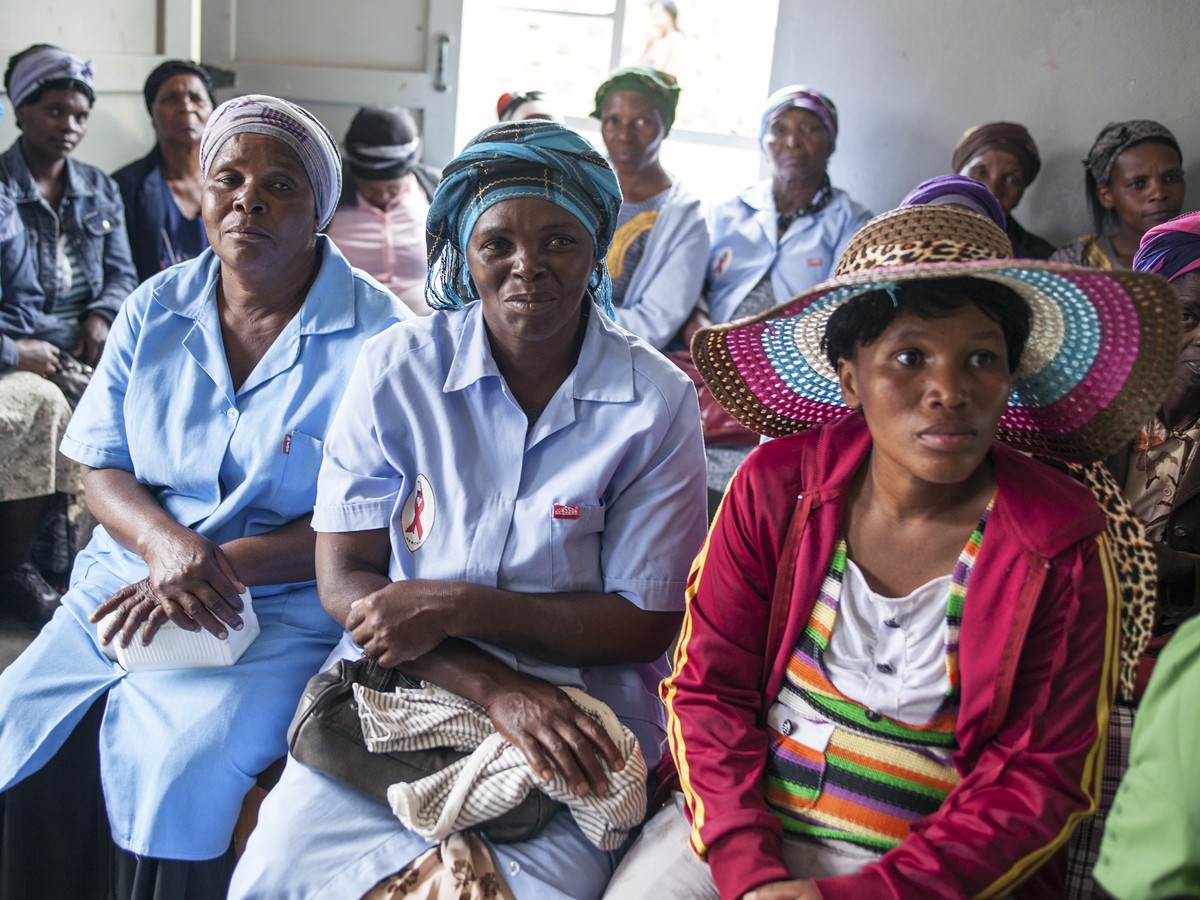
To achieve this, ICAP mentored and supported health care workers to ensure that all infants enrolled in follow-up services had a final HIV status recorded in the HEI register. Then, by comparing two birth cohorts (those born from October 2014 to September 2015, who did not receive extra follow-up, and those born from October 2015 to September 2016, who did), ICAP found that this intensive effort increased documentation of final outcomes from around 50 percent to over 68 percent.
“This underscores the need for clinical visits that include HIV testing for HIV-exposed infants still breastfeeding after 18 months,” said Rachel Mudekereza, MD, the associate clinical director and team lead for the Raleigh Fitkin Memorial Hospital Cluster, one of the health facilities supported by ICAP in Manzini Region. “Determining PMTCT final outcomes is extremely important as we move toward our goal of eliminating pediatric HIV infection in Eswatini.”
In the future, ICAP will continue supporting facilities to document final PMTCT outcomes for all HIV-exposed infants, and provide additional mentorship for health care workers to more creatively and adeptly use data to inform programming and service delivery.
“We must do all we can to improve HIV services and outcomes for both mothers and their children,” said Ruben Sahabo, MD, country director for ICAP in Eswatini. “Supporting and empowering front line health care workers to gather the necessary data, understand it, and utilize it will create a culture of ownership and innovation at every level of our health system, which will be powerful in sustaining the strides Eswatini has achieved toward HIV epidemic control.”
Photo captions—Header image: Clinicians counsel an expectant mother at the Matsapha Clinic in Eswatini. Photo 2: A woman outside her home in rural Eswatini. Photo 3: Rural Health Motivators in Eswatini learn from a peer educator at Mankayane Government Hospital in Eswatini about how to encourage health seeking behaviors among rural populations.
A global health leader since 2003, ICAP was founded at Columbia University with one overarching goal: to improve the health of families and communities. Together with its partners—ministries of health, large multilaterals, health care providers, and patients—ICAP strives for a world where health is available to all. To date, ICAP has addressed major public health challenges and the needs of local health systems through 6,000 sites across more than 30 countries. For more information about ICAP, visit: icap.columbia.edu


